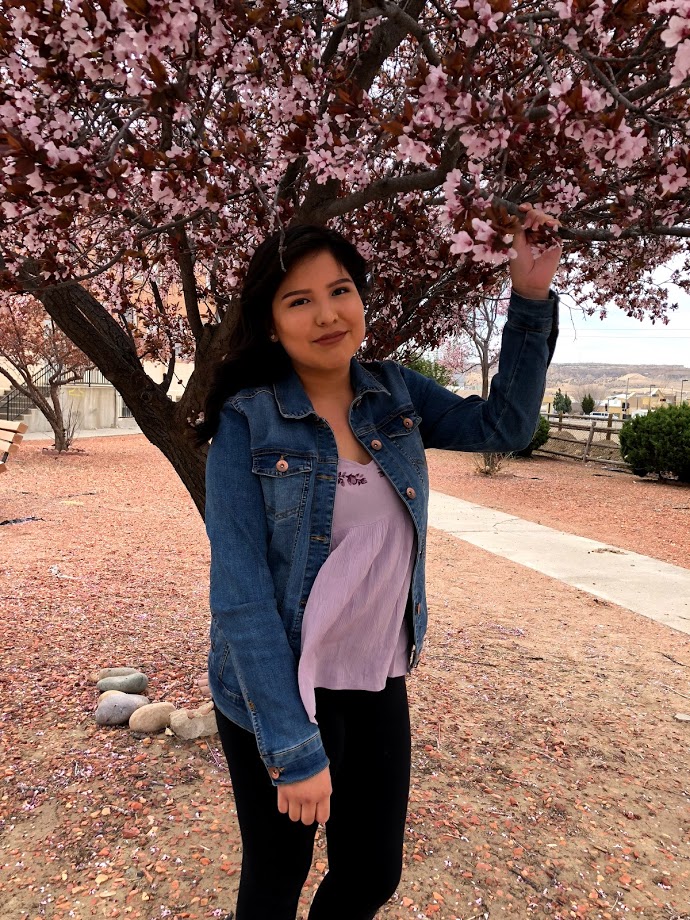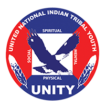
“As a UNITY youth, when I think of being an Earth Ambassador, I think about being a voice for the earth and everything that it inhabits. I think that this way of thinking would allow for an individual to see the issues in the native community and give them an opportunity to address them. I also believe that being an Earth advocate is more than the physical thinking of society, it is something that is spiritual and emotional for an individual to connect to Mother Earth in that way. Anyone can be a voice in your community, we can spread influence among other generations and see the difference that it makes. We are leaders, not like the political ones, but ones that live within the community and try to make their difference by means of environmental awareness.”
– Samantha E.Yazzie, Navajo Nation, Arizona
Making a BIG Difference in Small Ways
I live and go to school in a small community, but I try to being as much attention to environmental concerns to the students and staff that I know and have connections with. One thing that I brought attention to during my time on campus was that our schools cafeteria is using Styrofoam plates instead of regular plates at Navajo Preparatory School. This is a major change in our school community because it builds more trash and contributes to the Styrofoam issues that our world is facing today. My environmental class and myself decided to address this by planning to talk to the dean of instruction and the cafeteria. It’s the little things that I think I help contribute to, even if it is on a small scale. In addition, it could be voicing my opinion to others.
What is one project Native youth could do this April in Celebration of Earth Day?
I think one community project that I would like to carry out is a personal survey. The survey would be used to determine people’s environmental value systems. Their questions would revolve around the ideas and formulated to fit their ideas or beliefs. It would be simple to conduct the survey for people and they would be able to understand it. The EVS survey would make people reflect on their daily lives and give them an idea on how they could adapt to make the world a better place in the future. For example, a person would be asked a question about hunting, there would be three choices from which he/she could choose, when they choose an answer, it would allow them to see the different worldviews of everyone around them and hopefully make them think about how they could contribute. Not only would it encourage reflection, it would also let them realize little things like not running the water when they’re brushing their teeth. It wouldn’t make them feel pushed to do something they don’t want to do, it would simply ask for them to look upon themselves and judge on their own if their efforts to conserve are ethical. Like the Navajo saying, “T’aa aho’ajit’eego” meaning it is up to yourself.

